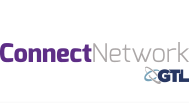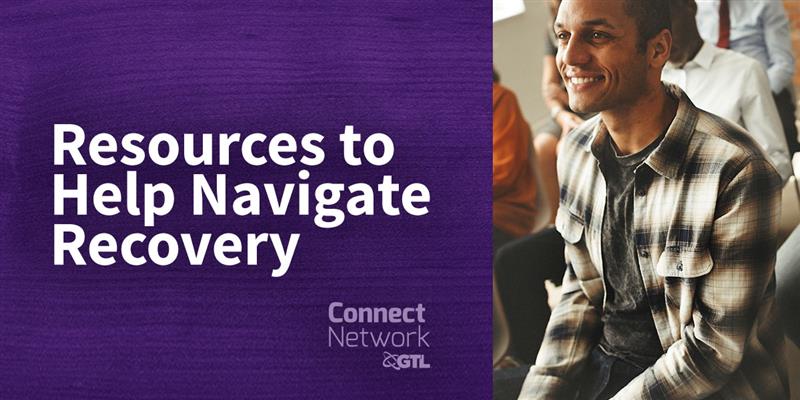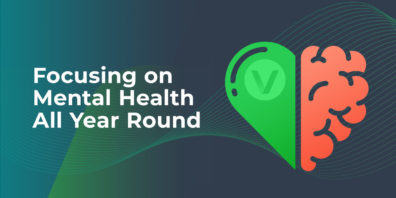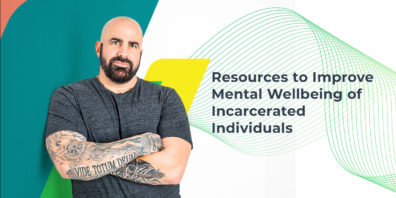Starting and Continuing the Journey – Helping Incarcerated Individuals and Returning Citizens Navigate Recovery
septiembre 15, 2020
September is National Recovery Month, a time dedicated to educating Americans on substance use treatment and mental health services that can enable those suffering with such disorders to live healthy and rewarding lives. 2020 is the 31st year for National Recovery Month, celebrating the gains made by those living in recovery, and perhaps the most challenging year yet. Recovery is difficult at the best of times, but during a pandemic, it can feel impossible.
Substance Abuse and Mental Health Services Administration (SAMHSA) has observed National Recovery Month in September for over 30 years to reinforce the positive messages that mental and behavioral health are essential to overall health, that treatment is effective, and that people can and do succeed in recovery. According to the 2018 National Survey on Drug Use and Health (NSDUH), 20.3 million American adults have a substance use disorder. This represents approximately 10% of the U.S. adult population. However, a 2009 study by the Bureau of Justice Statistics indicated that incarcerated individuals have much higher odds of addiction—it was found that 58% of state prisoners and 63% of jail inmates met the criteria for drug dependence or abuse. And they only have a 25% likelihood of receiving any kind of treatment during incarceration.
The unfortunate facts are:
- A lack of mental health and substance abuse treatment often results in incarceration.
- Very few individuals receive treatment during incarceration.
Correctional facilities face a lack of resources to deal with mental health and substance abuse disorders. Therefore, GTL partners with respected organizations to offer programming on our tablets. Tablets offer timely delivery and continued accessibility even when face-to-face treatment is unavailable.
- Breaking Free from Substance Abuse – This partnership assists incarcerated individuals in achieving and maintaining recovery from dependence on over 70 different substances, including opioids, stimulants, prescribed medications, and alcohol. The program has already hit over 15,000 users at 22 facilities of the Ohio Department of Rehabilitation and Correction and is being rolled out at other GTL customer facilities across the country.
- Peace Education Program from The Prem Rawat Foundation – A program with 10 thought-provoking themes helps participants discover a renewed sense of purpose, including how to use their own inner resources and lead more fulfilling lives.
- Free Communication Program – A program that allows incarcerated individuals to make connections with their loved ones on a weekly basis at no cost. Having a strong support network is an advantage in achieving and maintaining recovery.
For those outside a facility’s walls, there are many national organizations focused on getting individuals on the path to recovery:
- Substance Abuse and Mental Health Services Administration (SAMHSA) – Provides information and resources on beginning a journey to recovery and finding local substance abuse and mental health treatment.
- Sunshine Behavioral Health – Offers information on how people in recovery can still receive treatment and support during quarantine and shelter-in-place orders
- Volunteers of America – Provides hundreds of human service programs including housing and healthcare for America’s most vulnerable groups, including returning citizens and those recovering from addictions.
- Recover Together with Google – Google has created a webpage that allows you to search for local and online resources to support your recovery or the recovery of a loved one.
Throughout September, SAMHSA will be hosting webinars focusing on different aspects of recovery and support services. If you or someone you know is struggling on the road to recovery, check out SAMHSA’s treatment locator. Recovery is a lifelong, ongoing journey—take advantage of the resources around you to ensure your journey leads to success.
Sign in to show your loved one your support.
Posted In: Blog



